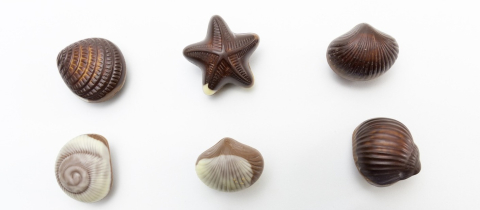“I put blueberries and milk on my cereal in the morning. Which one should I give up?”
That was the question I received via email. A reference was included to a study about the antioxidant activity of blueberries being impaired when consumed with milk, as well as one about milk consumption being linked to greater risk of bone fractures and to earlier mortality. While both these studies appeared in the peer-reviewed literature and are interesting, their practical significance is questionable. The milk study focused on people drinking more than three glasses of milk a day and could not rule out “reverse causation,” namely that some subjects were drinking more milk because they already had risk factors for osteoporosis. As far as earlier mortality goes, the authors suggest it may be linked to an inflammatory effect attributed the galactose, a breakdown product of lactose, the sugar found in milk. But this is pure conjecture. It is also possible that people who drink a lot of milk have a higher calorie intake or a lower vegetable intake, or exercise less, all of which can be confounding factors.
Milk may not be as important a dietary component as Canada’s Food Guide suggests, but there is no need to avoid it. Moderation is the key. Blueberries are widely perceived as “healthy” based upon their content of antioxidants. These naturally occurring substances are found in numerous fruits and vegetables and are thought to be responsible for the benefits attributed to a diet that contains lots of plant products. Laboratory investigation can determine the antioxidants present in food but to what extent they are absorbed into the bloodstream is a more difficult question. We don’t eat single food components, we eat food.
Studies have shown, for example, that polyphenols, a family of antioxidants found in tea, are more poorly absorbed when milk is added to tea because proteins in milk bind to the polyphenols. The blueberry study aimed to investigate the fate of two particular antioxidants, namely caffeic and ferulic acid when consumed with or without milk. Eleven subjects, a very small number in terms of scientific studies, consumed 200 grams of blueberries either with 200 mL of whole milk or 200 mL of water. For two days prior, the subjects were asked to abstain from foods containing antioxidants including all fresh fruits and vegetables as well as tea, coffee, juices, wine and chocolate. This unrealistic eating pattern already adds confusion to the study. In any case, analysis of the subjects’ plasma indicated a somewhat reduced antioxidant content when the blueberries were consumed with milk. This has little relevance to health. Blueberries are not commonly consumed with milk, except perhaps when they are eaten together with cereal. And there is no compelling evidence that the antioxidant content of plasma is a determinant of health. Furthermore, the plasma’s antioxidant potential is determined by the overall content of the diet and is not going to be affected to any significant extent by the handful of blueberries added to cereal whether consumed with or without milk.







